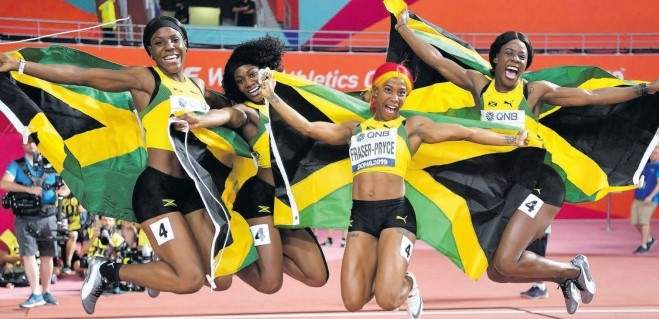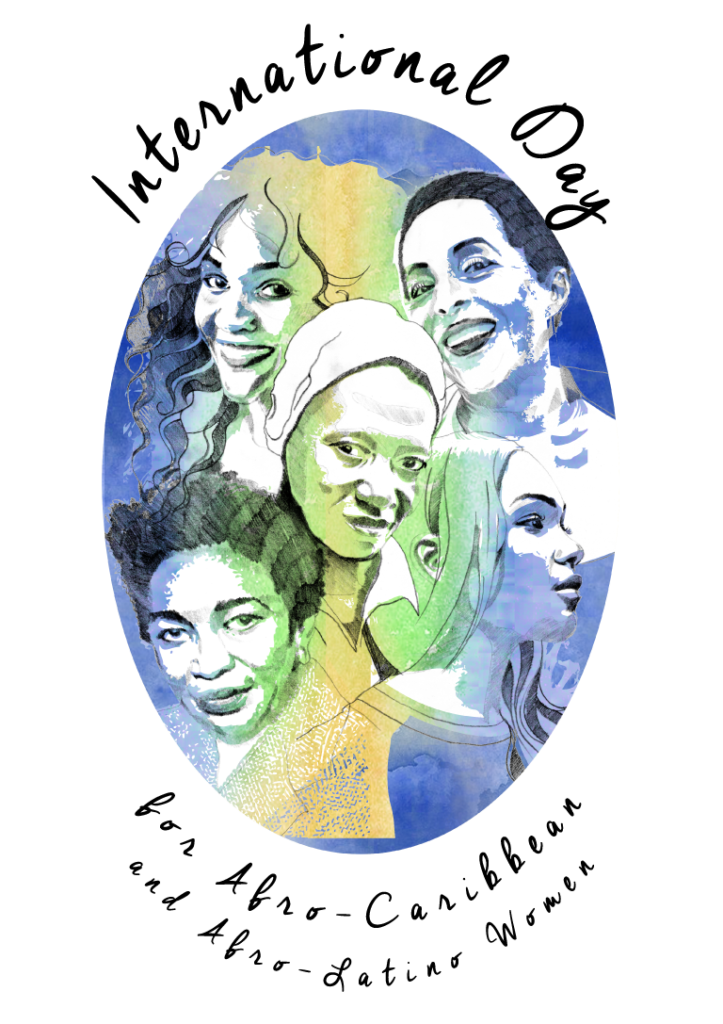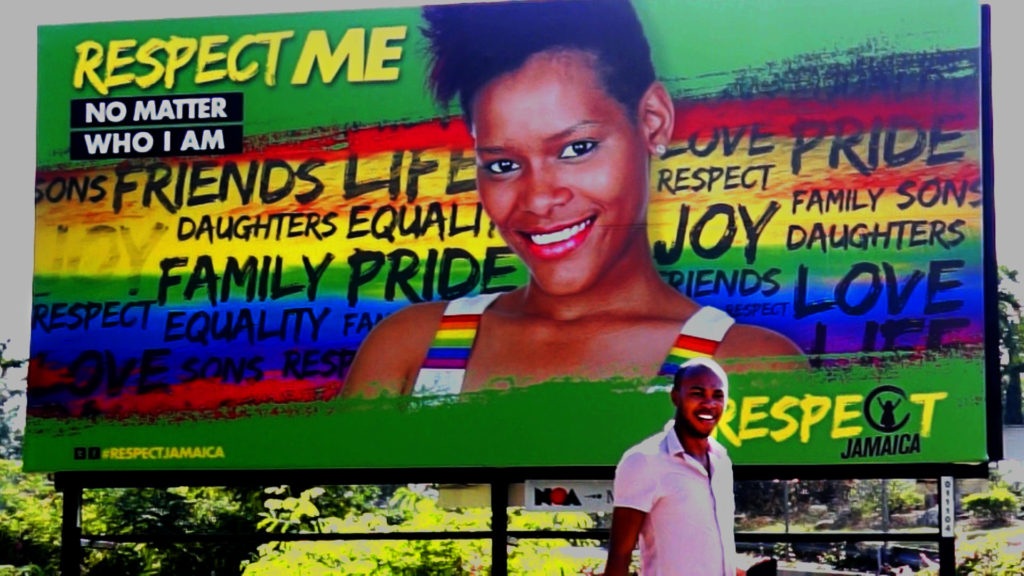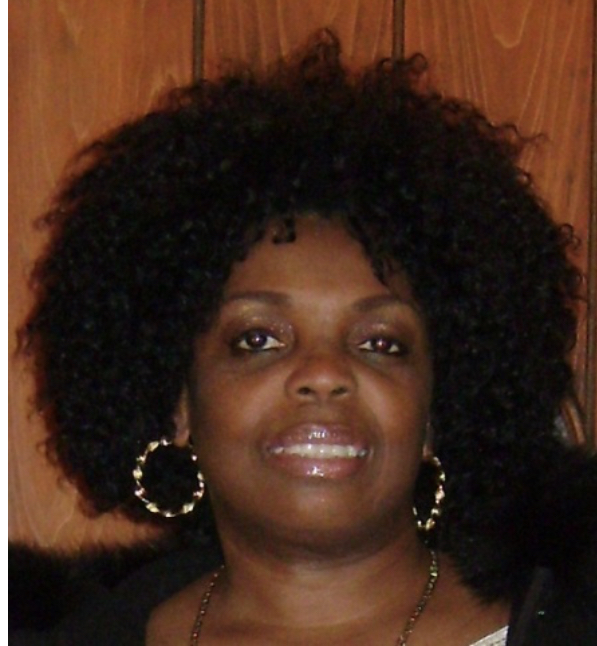|
Getting your Trinity Audio player ready...
|
Reading Time 8 mins
March 8, 2020
Big Drum Nation [BDN]: The role of Jamaican women as heads of most households and their, contributions to Jamaican sporting prowess, seeming growth in business leadership and, commanding role in shaping ideas through popular culture and the arts in general, does not seem to be commensurate with their subordinate positions in the realm of political power. To what do you trace this disparity?
Sandra Coppin Mbodj [SCM]: Although women head most households in the country, the culture is still very much male-dominated. As such, it is reflected in positions of power such as in politics. We have several constituencies which are represented by women, and we have even had a female Prime Minister in the recent past, however, we continue to see male dominance and sexism in Parliament.
There are several reasons for this. One reason is that the “old boy” network is still very strong, and men are brought into the political parties more frequently than women are. Men definitely have more access to the power brokers in this arena and are promoted more readily to key positions in the party and in government, while women are relegated to subordinate roles.

Secondly, the absence of a strong women’s movement pushing for gender equality is yet another reason for the disparity. Today we don’t have the type of movements that were around in the 1970’s and 1980’s which actually propelled changes in the infrastructure at that time. Women’s activism is not as visible as it was then. Additionally, the contemporary electoral process in Jamaica is often viewed as being corrupt, “dirty” and violent. As a consequence, many women shrink from participating in politics because of the customary practice of using political henchmen (“bad man characters” or “dons”) who are seen by most politicians as being a necessary, but vile accompaniment especially during the campaign process, and even beyond.
Another very important reason for this disparity can also be attributed to the way we raise our girl children. Girls are trained in a subliminal way to support, rather than to lead. Fewer girls than boys will opt to become politicians, and often see it as the norm for men to hold more senior positions in government and the private sector. Females are seen more so as nurturers than promoters, and the persona of the “strong” woman is still considered to be less feminine and less attractive by both males and females. Often times this viewpoint is not challenged and so it perpetuates itself. Of course, there are other reasons such as classism affecting the issue of campaign financing and affordability which also contribute to this disparity, as men tend to be better able to afford or attract funding for their political campaigns.
BDN: During the 1980s we saw the rise of progressive culture, the flowering of reggae music, and on the stage in community centers, etc. groups such as the Sistren Theatre Collective set a certain embrace of resistance narratives. From your vantage point, how do we contrast that past period with what currently obtains today?
SCM: Sistren Theatre Collective and other such progressive cultural movements arose during the 1970’s, continued through upheavals in the 1980’s and some even lasted beyond until today. This was a different period in which we saw, and were involved in the leading issues at that time. We debated and protested international and domestic political issues affecting the most marginalized in our communities. This was the period in which we were active in the anti-apartheid movement, understood and argued about the non-aligned movement, and participated in the discourse on the north-south dialogue. At that time we had leadership such as that of the then Prime Minister, Michael Manley, who was at the forefront of some of these movements. We also saw the rise and success of the revolutionary New Jewel Movement of Grenada in our very own Caribbean basin. This was also a time when we became closer to our second-closest neighbor, Cuba, and benefitted from their help in the areas of education, agriculture, and especially in medicine.

So the country was highly politicized, and the creation of progressive cultural norms was nuanced by diverse political ideologies and social activities of this period. At that time people were much more engaged in discussing political, social, and economic issues than they are today. As progressives, we know that there are periods of advancement and periods of regression. This is the ebb and flow of the struggle, as we know it. Today we are in a different space, a different period. The lack of economic opportunities in our country has forced many to seek solutions to their problems on an individual, rather than on a collective basis. In the absence of organized activism around political, social, or economic issues, we have seen a profound failure to create the types of collectives that we had in the earlier periods. I would attribute this failure in part to the left’s (some may say which left?) inability to focus on issues which would galvanize working people into becoming active around the problems which they face. Added to that is the cultural imperialism from the USA through social media and other means which has had quite a negative effect on our youth. This is reflected in the music and behavior of some of the popular artistes, primarily in the more dominant dancehall genre. Let me categorically state that I have nothing against this genre because I am an avid music lover and enjoy both dancehall and hip-hop music profoundly. However, while we still have a flowering of progressive cultural artistes, some in the dancehall genre continue to emphasize rhetoric in which women are more often than not objectified, disrespected and devalued. Currently, there is no centralized popular movement to counteract these misogynistic values and that is where I see a contrast between the past periods with what currently obtains today.
BDN: Rather than waiting on governments to initiate change in women’s position, how can women, as individuals and/or collectively, (and in partnership with enlightened males?) propel advancement in Jamaican/Caribbean society toward gender equality?

SCM: I ascribe to the notion that women’s liberation can only be truly achieved within the context of national liberation. Partnership with enlightened males is integral if women are to achieve real and lasting advances on the issue of gender equality. Indeed, gender equality will remain a fleeting dream unless we work towards national liberation. That being said, in the interim, we can still take steps to propel advancement in Jamaican/Caribbean society towards gender equality. We must create organizations that are purposed with the goal of devising strategies and implementing maneuvers to propel society toward gender equality. We need men’s, women’s and joint groups at the community level who can mentor our youth in a progressive way around this issue. These can be developed as collaborations between community-based groups, schools, established social groups, religious institutions, and the like. It is of utmost importance that we pressure our political representatives to keep this matter on the agenda when running for office or while in government. This leads to another point in that we have to identify and select as political representatives, women of substance who believe in prioritizing gender equality and are committed to enacting statutes promoting this when elected to serve. At our community level, we need to schedule community forums and conferences on women’s issues, as well as speak out and launch campaigns and demonstrations around issues such as violence against girls and women. It is very critical that we join and partner with other international women’s groups who share our vision, primarily with groups in the Caribbean region.
BDN: What does the 2020 International Woman’s Day slogan, #EachforEqual, mean to you?
SCM: As Mao Zedong said, “women hold up half the sky”. #EachforEqual places the responsibility on all of us to do whatever is necessary to create a gender-equal world. Therefore it means that I too must play my part in spreading the slogan and doing whatever I can to make this goal become a reality. Firstly, in the home, we should instill in our children values of respect, tolerance, and equality between genders. Secondly, at the societal level, it is incumbent that we develop the type of curricula which emphasize these as intrinsic values. Even if we have gender-specific tasks, we must ensure that they are equally valued and appreciated regardless of who is performing the task, be it male or female. We also need to challenge institutional norms so that accesses to opportunities, and remuneration for services are not based on gender, but rather on ability, qualification, and experience.
BDN: What do you think is the most pressing issue facing Jamaican women today?

SCM: While the issue of crime and violence remains a serious problem, the most pressing issue facing Jamaican women today is the same issue that faced them yesterday, the economic issue. As the disparity between the rich and poor widens, it evokes more hardship and stressors on women, disproportionately. As was mentioned before, women are heads of most of the households in Jamaica and therefore are more directly affected than their male counterparts. Unemployment is high, and for those employed, wages have not kept up with the cost of living, and so economic hardship prevails. Neither political party has made any significant progress in increasing the standard of living for the majority of Jamaicans, so women continue to suffer as a result. Many poor and working-class women work as providers of service in the tourist sector, as domestic workers in other peoples’ homes, or in an ever-shrinking manufacturing sector. Others have resorted to hustling as peddlers on the sidewalks, or in some cases creating small home-based businesses to serve the community. Middle-class women are also challenged by the economic issue as even graduates of tertiary institutions often face problems finding suitable employment commensurate with their training.
BDN: ...Is there anything else you’ll like to add?
SCM: We are in a period where capitalism is in its death throes. We are also witnessing the rise of white supremacy worldwide and the unbridled and naked aggression that accompanies this movement. As women, we are the guardians of our culture, and we are responsible for nurturing, shaping, and passing the torch on to our youth. It is very important to understand this so that we can prepare ourselves to face the onslaught. We cannot despair and abandon our goals; rather we have to organize and find new forms to combat this, and other threats that are bound to face us. We have to keep hope alive and remember that history is really on our side.
//////////////\\\\\\\\\\\\\\//////////////\\\\\\\\\\\\\\//////////////\\\\\\\\\\\\\\//////////////\\\\\\\\\\\\\\///

Sandra Coppin Mbodj represented Jamaica in 1974 at the Caribbean Women’s Conference in Guyana where various women’s organizations came together to prepare a common Caribbean perspective in anticipation of the 1975 United Nations Women’s Conference and was a youth representative for Jamaica at the 1975 UN World Conference on Women in Mexico, which heralded the UN Decade for Women. In Jamaica, she was a member of the Committee of Women for Progress and continues working as a progressive activist in NY (with several organizations). Ms. Mbodj currently works as a HIT analyst training health care providers in varied Electronic Medical Records applications.

That was a very comprehensive, informative, and interesting interview.
As Caribbean people we should really adjust the way we raise our children so that we value everyone regardless of gender. This will pave the way ultimately for equality to exist in our society.